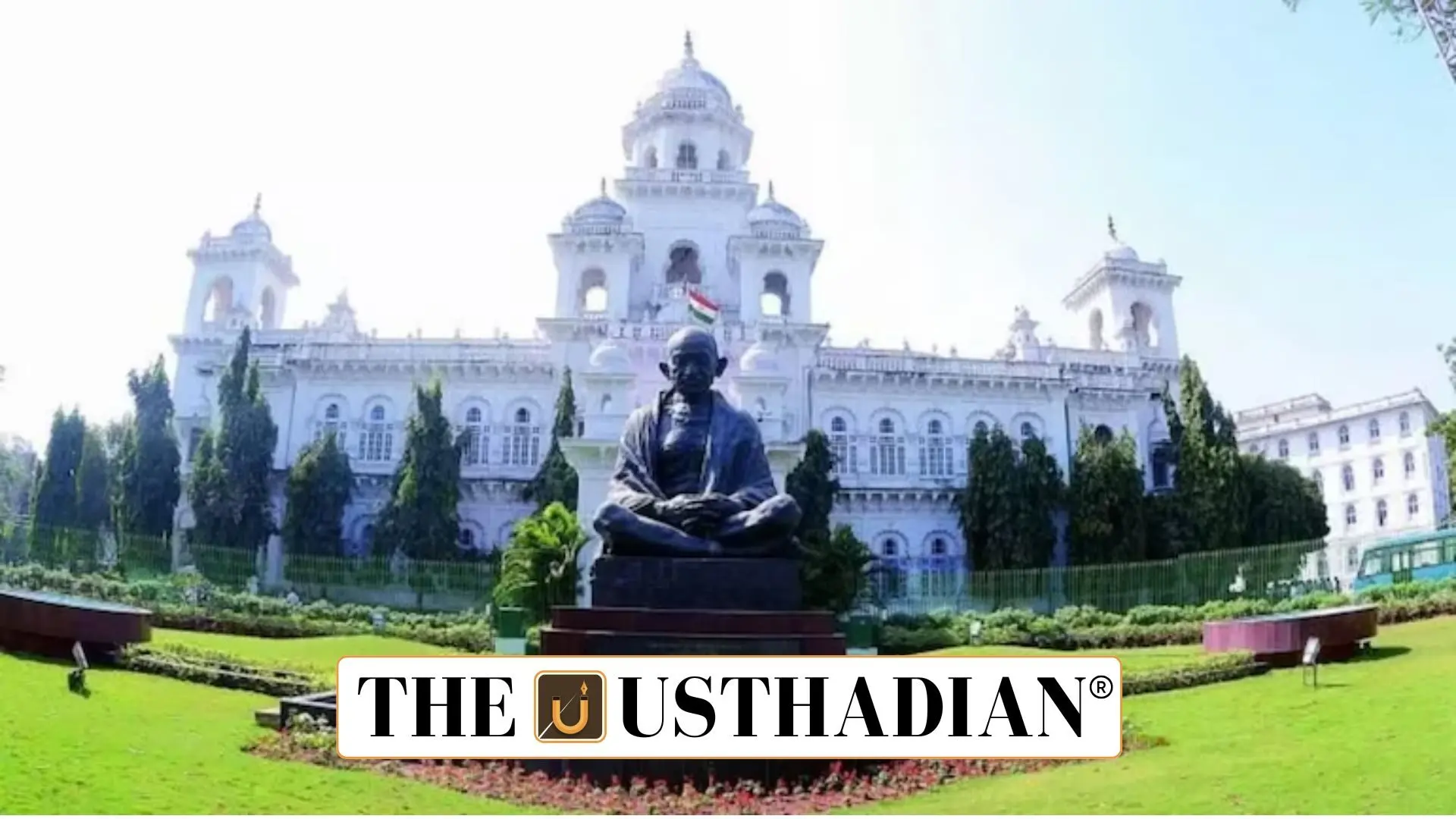Telangana Expands Social Representation in Local Governance
Telangana Approves 42% Quota for Backward Classes in Local Bodies: In a significant move to enhance social equity in grassroots governance, the Telangana government has approved a 42% reservation for Backward Classes (BCs) in local body elections. This decision aligns with constitutional provisions that empower states to ensure inclusive representation in Panchayats and Municipalities.
The reform is expected to strengthen the participation of marginalized communities in local decision-making processes.
Constitutional Basis for Local Body Reservations
The legal foundation for this reservation lies in Article 243D and Article 243T of the Indian Constitution, introduced through the 73rd and 74th Constitutional Amendments in 1992. These provisions allow states to reserve seats and Chairperson posts for Scheduled Castes (SCs), Scheduled Tribes (STs), Backward Classes, and women in local self-governments.
Static GK fact: The 73rd Amendment established the Panchayati Raj system, while the 74th Amendment laid the framework for urban local bodies.
Breakdown of Reservation Provisions
Under Article 243D, seats in Panchayats are reserved for SCs and STs in proportion to their population, with one-third of these seats further reserved for women. Similarly, Article 243T mandates the same structure for Municipalities.
Additionally, one-third of all seats in both rural and urban local bodies are reserved for women, including those from SC/ST categories. States are also empowered to reserve Chairperson positions for SCs, STs, and women through state legislation.
Static GK Tip: The reservation for women in local bodies was a landmark step toward gender-inclusive governance, implemented nationwide from 1993.
Telangana’s Progressive Quota Policy
Telangana’s decision to allocate 42% of local body seats to Backward Classes is among the highest in the country. It reflects the state’s commitment to social justice and empowerment of underrepresented communities. The move is expected to increase political participation and leadership opportunities for BCs at the grassroots level.
Implications for Democratic Decentralization
This enhanced reservation structure is likely to deepen democratic decentralization by ensuring that local governance reflects the social diversity of the population. It also sets a precedent for other states to revisit their quota frameworks in local bodies.
By aligning constitutional mandates with state-specific social realities, Telangana aims to build a more inclusive and representative governance model.
Static Usthadian Current Affairs Table
Telangana Approves 42% Quota for Backward Classes in Local Bodies:
| Topic | Detail |
| State Implementing 42% BC Quota | Telangana |
| Reservation Provision for Panchayats | Article 243D |
| Reservation Provision for Municipalities | Article 243T |
| Constitutional Amendments | 73rd and 74th Amendments (1992) |
| SC/ST Reservation Basis | Proportional to population |
| Women Reservation | Minimum 1/3rd of total seats (including SC/ST women) |
| Chairperson Reservation | Allowed for SCs, STs, and women as per state law |
| Year of Implementation of Local Body Reservations | 1993 |
| Purpose of State S&T Councils | Decentralized scientific governance |
| Key Objective | Inclusive representation in grassroots governance |








